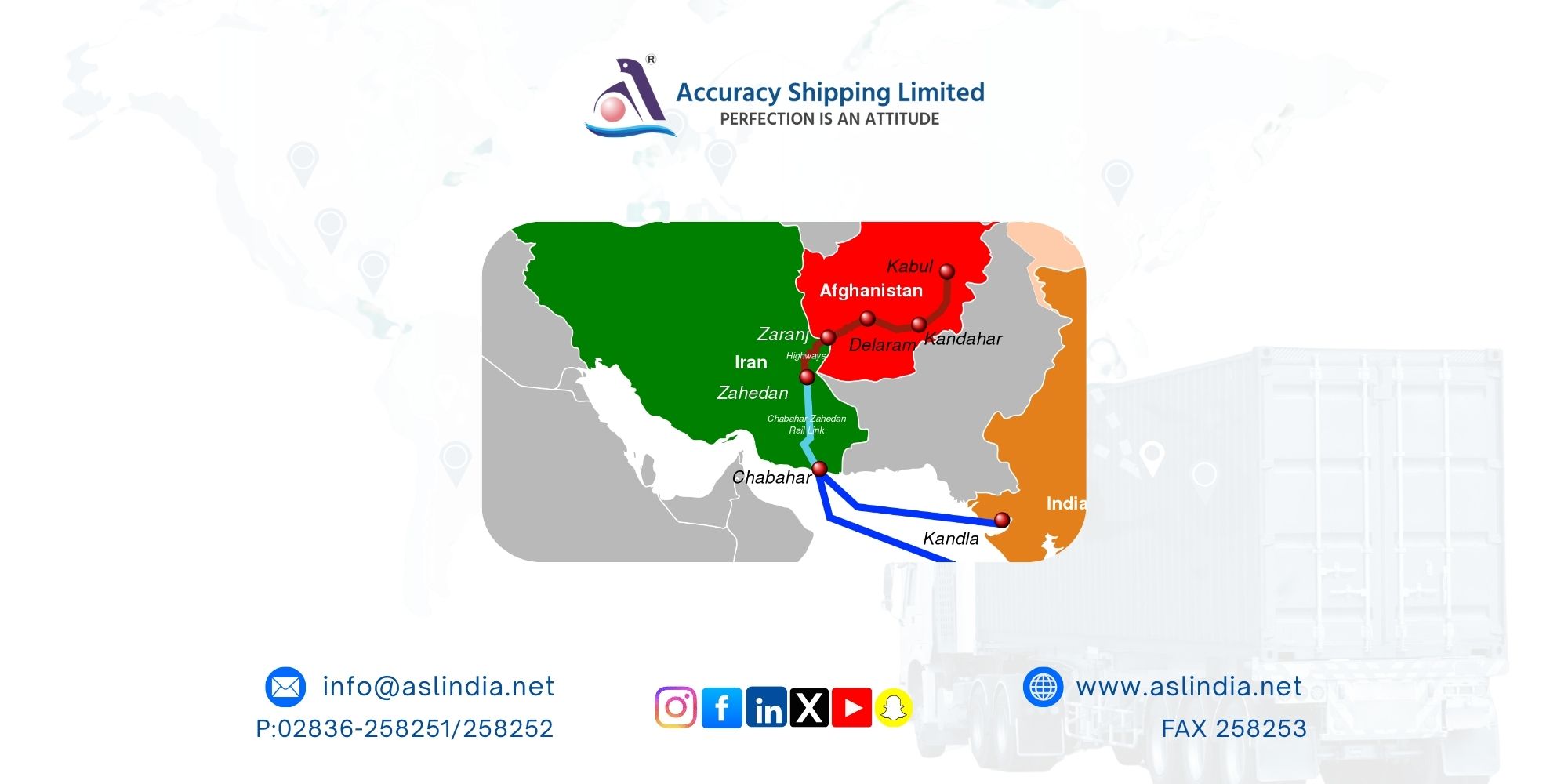US-Japan tariff agreement boosts auto sector

Landmark Deal Redefines Bilateral Trade
In a major development aimed at strengthening economic ties, US President Donald Trump announced a breakthrough trade agreement with Japan, focused primarily on reducing tariffs and boosting investments in key industries. The agreement marks a turning point in US-Japan trade relations, particularly benefitting the automobile, agriculture, and technology sectors.
Lower Tariffs, Higher Momentum
The centrepiece of the deal is a phased reduction of import duties on Japanese automobile imports, dropping from 27.5% to 15%. This cut is expected to lower costs for Japanese automakers and make their vehicles more competitive in the US market. In return, Japan has pledged a massive $550 billion investment in the US economy, signaling confidence in long-term bilateral cooperation.
Strategic Relief and Mutual Benefits
The agreement also provides Japan with relief from additional levies on steel and aluminium. In another significant concession, Japan is now exempt from certain US vehicle safety testing requirements, easing regulatory burdens and accelerating the export process for Japanese automakers.
Moreover, the pact includes increased Japanese purchases of US agricultural products, and collaborative support for pharmaceutical and semiconductor supply chains two industries critical for global stability and innovation.
Positive Market Response
Financial markets reacted enthusiastically to the announcement. Toyota and Honda shares surged by 11% and 8%, respectively, reflecting investor optimism. According to Reuters, the Nikkei index also reached a yearly high, further validating the deal’s positive impact on investor confidence and economic prospects.
Concerns Among US Automakers
Despite widespread approval, the agreement has drawn concerns from some US automakers, who fear that reduced tariffs could unfairly tilt the playing field in favour of Japanese imports, potentially disadvantaging North American-made vehicles in their home market.
Timing and Broader Trade Strategy
The deal is part of a broader strategy of trade negotiations, concluding just ahead of a critical August 1st deadline for the imposition of higher tariffs. Last week, the US also reached a tentative agreement with Indonesia, reducing proposed tariffs on Indonesian exports from 32% to 19%.
A Step Forward for Global Trade
As reported by BBC News, this US-Japan agreement is a significant step in boosting cross-border trade, reducing costs, and encouraging investment in the automotive sector. While challenges remain, the overall impact is expected to be largely positive for consumers, investors, and the broader economy.







